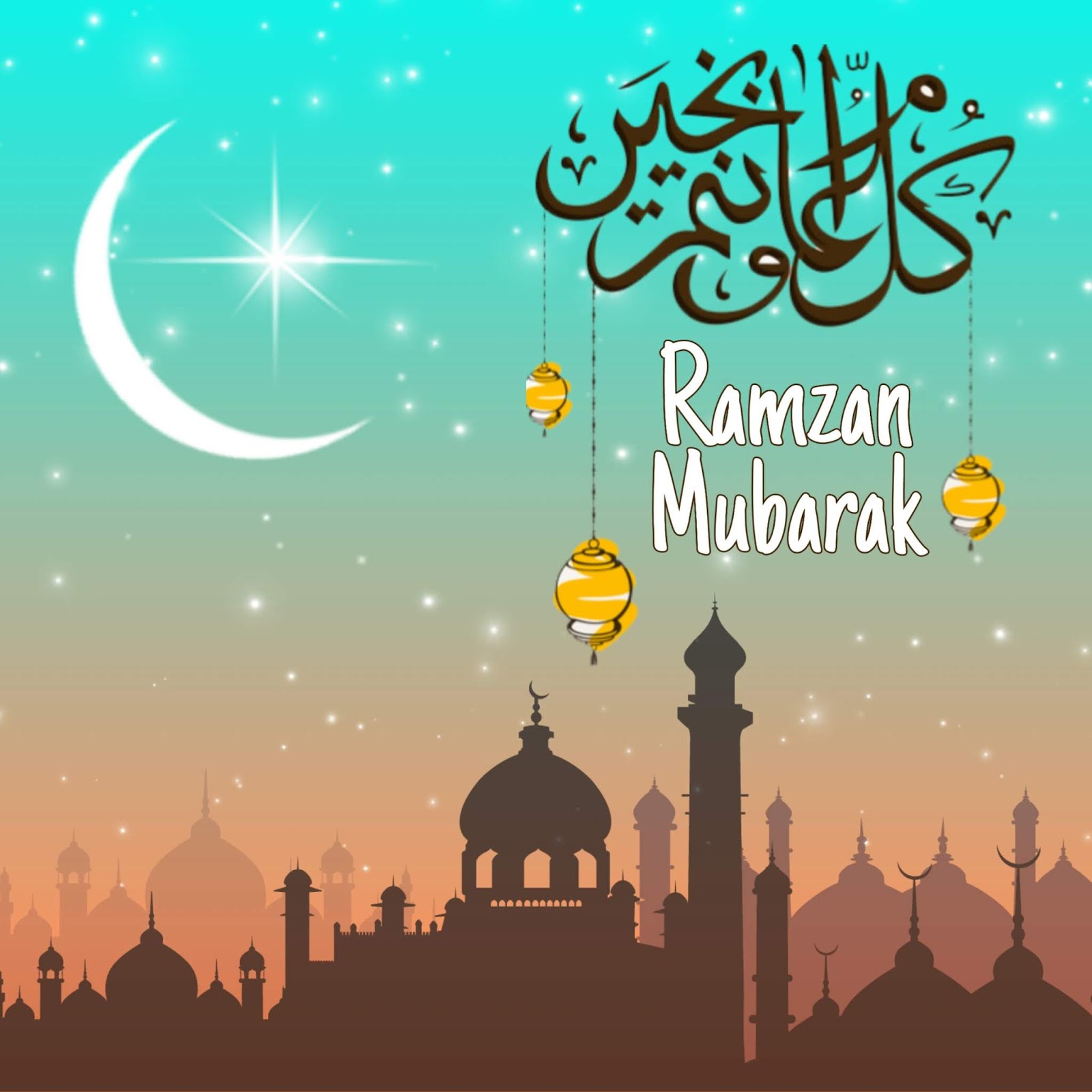Ramadan is a significant month for Muslims around the world, a time of fasting, prayer, reflection, and community. As the holy month approaches, many people wonder how to wish for Ramadan in a way that is respectful and meaningful. In this article, we will explore various ways to send Ramadan greetings, the significance of these wishes, and the customs that accompany this blessed month.
The importance of Ramadan transcends mere greetings; it is about fostering connection, love, and unity among Muslims. Whether you are a practicing Muslim or looking to extend your best wishes to friends and family during this sacred time, knowing how to articulate your sentiments is essential. In this guide, we will delve into the cultural nuances and provide you with heartfelt phrases to express your good wishes for Ramadan.
In addition to greetings, we will also discuss the importance of understanding the essence of Ramadan, including its spiritual significance and the values it promotes. By the end of this article, you will be equipped with the knowledge to share warm wishes and participate in the festivities of Ramadan in an informed and respectful manner.
Table of Contents
- What is Ramadan?
- Significance of Ramadan
- How to Wish for Ramadan
- Common Ramadan Greetings
- Wishing in Different Languages
- Gifts and Greetings During Ramadan
- Ramadan Practices and Customs
- Conclusion
What is Ramadan?
Ramadan is the ninth month of the Islamic lunar calendar and is observed by Muslims worldwide as a month of fasting, prayer, and reflection. The month commemorates the first revelation of the Quran to the Prophet Muhammad by Allah. During Ramadan, Muslims refrain from eating and drinking from dawn until sunset, focusing instead on spiritual growth, self-discipline, and community.
Significance of Ramadan
The significance of Ramadan extends beyond fasting; it is a time for spiritual rejuvenation and increased devotion. Here are some key points regarding the importance of Ramadan:
- Fasting (Sawm): Fasting during Ramadan is one of the Five Pillars of Islam and serves to purify the soul and develop empathy for the less fortunate.
- Prayer (Salah): Increased prayer and recitation of the Quran are encouraged during Ramadan, contributing to a deeper connection with faith.
- Charity (Zakat): Giving to those in need is emphasized, reinforcing the importance of community and support.
- Reflection and Growth: Ramadan encourages self-reflection and personal growth, fostering a sense of gratitude and mindfulness.
How to Wish for Ramadan
When wishing someone for Ramadan, it is important to convey your sentiments sincerely and respectfully. Here are some ways to do so:
- Be respectful: Acknowledge the significance of the month and the individual's beliefs.
- Use heartfelt phrases: Choose words that express your genuine wishes for peace, happiness, and spiritual fulfillment.
- Consider the relationship: Tailor your message based on your relationship with the person, whether they are a close friend, family member, or colleague.
Common Ramadan Greetings
Here are some common phrases you can use to wish someone a blessed Ramadan:
- “Ramadan Mubarak!” – A common greeting that means “Blessed Ramadan!”
- “Ramadan Kareem!” – This means “Generous Ramadan!” and is often used to wish someone abundance during the holy month.
- “May this Ramadan bring you peace and happiness!”
Wishing in Different Languages
Knowing how to wish someone for Ramadan in various languages can be a thoughtful gesture. Here are some translations of Ramadan greetings:
- Arabic: رمضان مبارك (Ramadan Mubarak)
- Urdu: رمضان مبارک (Ramadan Mubarak)
- Turkish: Ramazanınız mübarek olsun!
Gifts and Greetings During Ramadan
Exchanging gifts is a beautiful way to celebrate Ramadan. Here are some ideas:
- Food baskets: Sharing Iftar meals with friends and family is a cherished tradition.
- Islamic books: Gifting books that enhance spiritual knowledge can be meaningful during this month.
- Greeting cards: Sending handwritten cards with heartfelt messages can add a personal touch.
Ramadan Practices and Customs
In addition to fasting and prayers, Ramadan is rich with customs that strengthen community bonds:
- Iftar: The meal to break the fast at sunset is often shared with family and friends.
- Taraweeh prayers: Special nightly prayers performed during Ramadan to enhance spiritual connection.
- Community service: Many engage in charitable activities, emphasizing the values of compassion and generosity.
Conclusion
Wishing someone a blessed Ramadan is more than just a formality; it is an expression of goodwill, love, and respect for the values of this sacred month. Whether through common greetings or thoughtful gestures, your wishes can contribute to the spirit of community and connection during Ramadan. As you prepare to send your greetings, remember the essence of Ramadan: reflection, growth, and generosity.
We encourage you to share your own Ramadan wishes in the comments below, and don’t forget to share this article with friends and family. May this Ramadan bring peace and blessings to you and your loved ones!
Thank you for reading, and we hope to see you back here for more insightful content!
How Much Time Was Spent Together By Burt Reynolds And Loni Anderson?
The Complete Guide To This Trendy Hairstyle: What Is A Hush Cut?
A Close Examining The Legacy Of A Drug Queenpin: What Happened To Griselda's Money?


